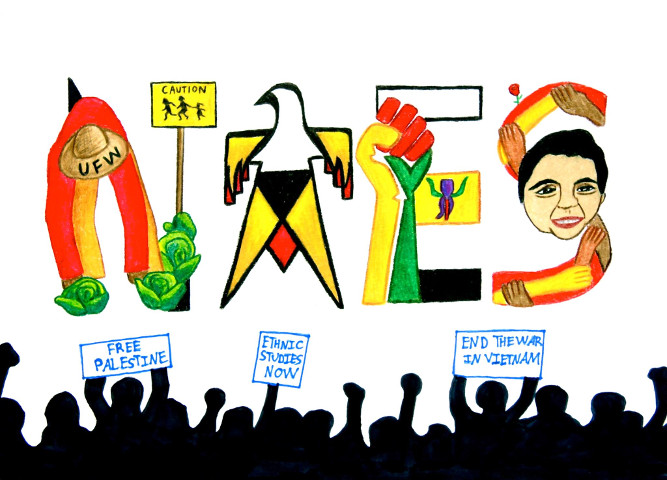Ethnic Studies Review

Orginal Publication Date
2009
Journal Title
Ethnic Studies Review
Volume
32
Issue
esr/vol32/iss2
First Page
24
Last Page
51
Abstract
The term caló is well-known within many Mexican American communities as a bilingual slang that is one of several speech styles in the community repertoire, closely associated with Pachuco groups of the U.S. Southwest that came to prominence in the 1940's. But the term caló predates its introduction to the U.S. by many decades. With roots in a Romany-based germanio of the 16th century, from the speech of immigrant gypsies evolved a new Spanish-based argot, the result of language shift from Romany to Spanish over centuries. By the 19th century, caló referred to a Spanish-based criminal argot called "caló jergal" by a contemporaneous Spanish researcher (Salillas 1896), a mixed code of gypsy Romany and Peninsular Spanish which was used by members of that group as an in-group, secret speech style.
Rights
Copyright ©ESR, The National Association for Ethnic Studies, 2009



Comments
Ambivalence of Origins